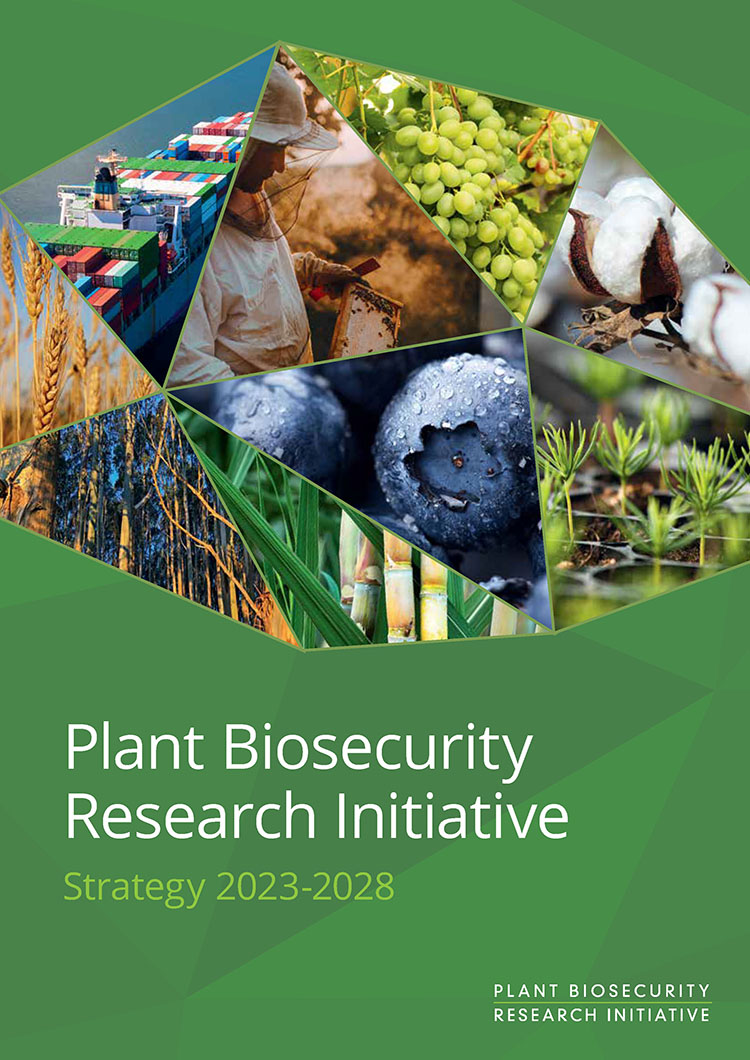Key Focus Areas
The Key Focus Areas provide a clear framework for PBRI members to coordinate our collective priorities, which guide concept development and investment in RD&E.
1. Early warning and risk
Pests, diseases and weeds may be introduced into Australia through natural dispersal patterns or by regulated and unregulated pathways. Understanding how the risk of introduction may be influenced by factors such as seasonal conditions, wind patterns, people and commodity movement is central to this.
Outcome: Industry is better prepared for the arrival of a biosecurity threat.
2. Diagnostics and surveillance
The timeliness of detection and diagnosis of pests can greatly increase the chance of containment and subsequent eradication. Cost-effective and coordinated surveillance activities will support early detection of biosecurity threats, provide evidence for market access, and assist in targeted pest and insecticide resistance management strategies. The PBRI will continue to support the development of new platforms and technologies that rapidly identify and differentiate biosecurity threats at the border, in-field and along commodity supply chains.
Outcome: Rapid, accurate and cost-effective detection of high priority pests and diseases and early and accurate diagnosis enables a rapid response, reducing impact on production and protecting access to domestic and international markets.
3. Resilient crop protection systems
The ongoing challenge of pesticide resistance and the increasing withdrawal of chemicals that have been relied on in the past, requires RD&E to support Australian plant industries’ response to pest threats and to minimise their impact on the environment. Managing pests requires control options that comply with domestic and international guidelines and managing pests in proximity to natural environments requires compliance with environmental guidelines.
Outcome: Industry is ready to respond to pest, weed and disease threats with measures that meet trading partner requirements and environmental legislation.
4. Readiness and recovery
In Australia, plant industries experience many challenges to their business operations that may affect their future sustainability. These challenges include adverse seasonal conditions, rising costs of fuel and equipment, labour shortages, trade compliance and pest and disease management. A biosecurity incursion is another challenge to a sustainable business practice with several recent experiences in Australia resulting in significant economic and social costs to growers and their communities, including varroa mite of bees, fall armyworm in maize and sweetcorn, and leaf miner in vegetables. This Key Focus Area will include investments that support industry’s ability to respond to biosecurity threats and to continue their business operations post incursion. To further support industry, the PBRI will play a role in contributing to Australian biosecurity expertise and capability through investments in targeted RD&E projects, training and activities.
Outcome: Plant industries are equipped with tools, knowledge and expertise to identify and respond to biosecurity threats on farm.

